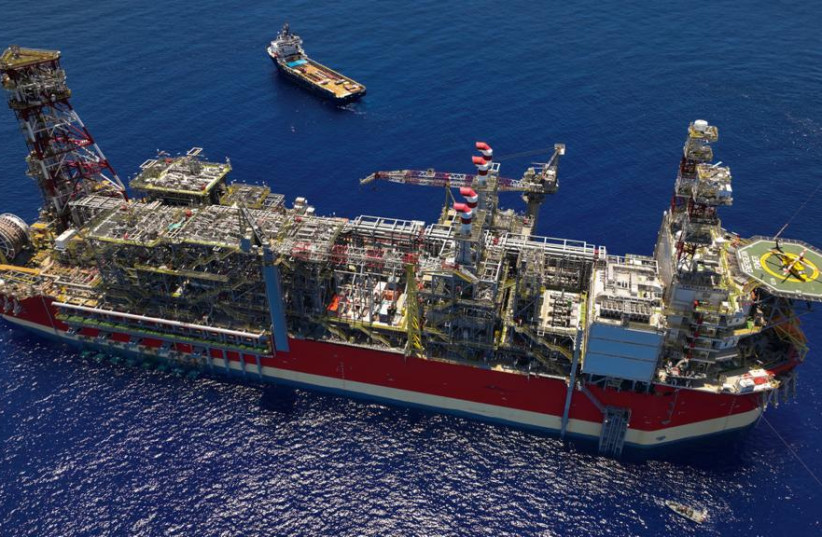For the first time in the history of Israeli oil and gas production, hydrocarbon liquids will be exported to global markets, Energean confirmed on Tuesday. The first cargo has been transferred from the company’s Karish field platform and sold as part of a multi-cargo marketing agreement with Vitol.
“We are happy and proud that Energean has facilitated Israel joining the club of international oil exporters,” said Mathios Rigas, Energean’s CEO “This is another milestone for us, enhancing Energean’s growth as a significant player in the local and regional markets.”
According to Energean, the hydrocarbon liquids are to be offloaded in a controlled manner via the Energean Power FPSO vessel and subsequently sold into various global markets, creating a significantly differentiated income stream that is fundamentally separate to the company’s gas-derived revenues.
What is the significance of having an alternative revenue stream in the current market?
Nick Witney, Energean Group Commercial Director, noted the significance of the alternative revenue stream given the current state of the energy resource market.
“While we remain a gas-focused company — with our Israeli gas production central to our role in enabling the energy transition — light, sweet crude oil responsibly produced from modern, low carbon intensity facilities is very much in demand, globally.”
Nick Witney
“While we remain a gas-focused company — with our Israeli gas production central to our role in enabling the energy transition — light, sweet crude oil responsibly produced from modern, low carbon intensity facilities is very much in demand, globally.”
“While we remain a gas-focused company — with our Israeli gas production central to our role in enabling the energy transition — light, sweet crude oil responsibly produced from modern, low carbon intensity facilities is very much in demand, globally,” he said.
 Karish gas field, located in Israel territory and disputed by Lebanon. (credit: ENERGEAN)
Karish gas field, located in Israel territory and disputed by Lebanon. (credit: ENERGEAN)Not all their eggs in one basket
Despite the new development of a hydrocarbon liquid revenue stream, Energean is still very much dedicated to its production of gas for the Israeli market.
In an interview with The Jerusalem Post, Non-Executive Chair at Energean Karen Simon noted the extreme demand for natural gas in Israel and around the world.
“There’s a lot of demand: people use a lot of power. Even if you have an electric car, you have to plug that car in to power it, and the electric plants that supply that power are gas fueled. The world continues to see a lot of demand, and Israel is included in that,” she said.
Simon added that she expects the price of gas to rise in the near future. “There are all sorts of dynamics that would indicate the continued growth of demand for energy, and gas is a very good source of fuel to provide that. Manufacturing plants — particularly fertilizer plants — home heating… as well, if China starts opening back up because lockdowns have been lifted, economic activity will come up. Everyone expects the demand for energy to continue to be robust.”
Nevertheless, it is a wise strategic move to begin cultivating alternative revenue streams early, before natural gas demand inevitably tapers in favor of even cleaner resources (such as hydrocarbon liquids, perhaps).
“I think at some point the Israeli market is going to be totally saturated and the gas is going to have to go somewhere else,” Simon said. “Right now, we’re in the position where that’s clearly not happening in the next few years, but that is down the road.”